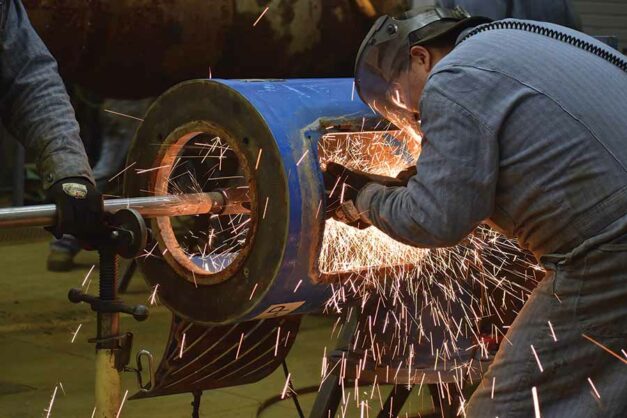Manufacturing's Crystal Ball: What State Producers Predict Will Reshape Industry in 2025

In today's rapidly evolving manufacturing landscape, companies face unprecedented challenges that demand strategic agility and proactive planning. The key to success lies in building a robust and adaptable workforce while simultaneously developing resilient supply chain strategies.
Manufacturers must now focus on three critical pillars: attracting top talent, ensuring employee retention, and continuously upskilling their workforce. Simultaneously, they need to develop sophisticated mechanisms to anticipate and mitigate potential supply chain disruptions.
The current business environment requires a holistic approach that goes beyond traditional operational models. Companies must create dynamic, flexible frameworks that can quickly respond to market shifts, technological advancements, and unexpected global challenges.
By investing in comprehensive talent management and supply chain resilience, manufacturers can transform potential vulnerabilities into competitive advantages. The ability to navigate an increasingly complex and unpredictable marketplace is no longer a luxury—it's an absolute necessity for survival and growth.

